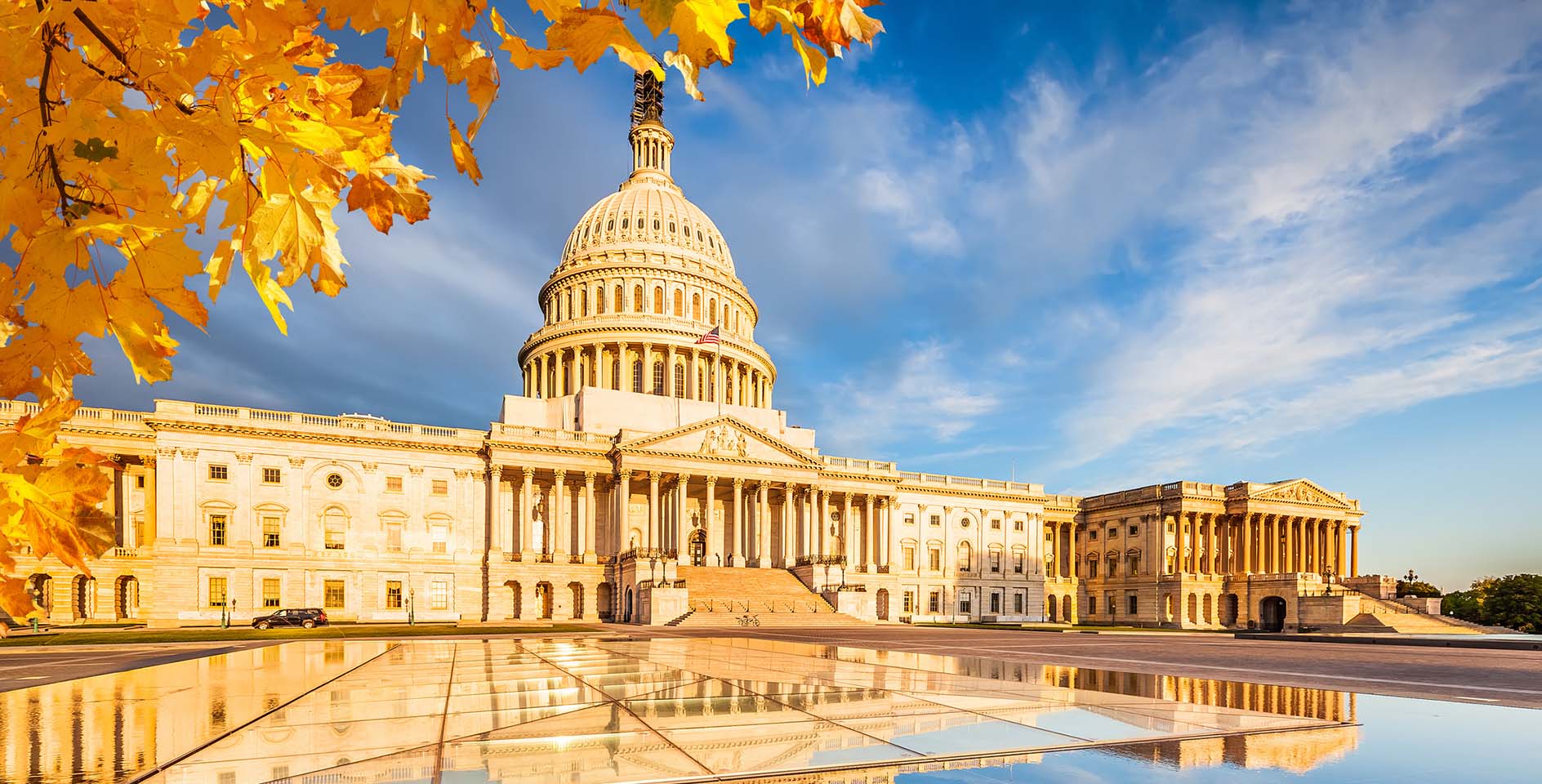A media firestorm has ignited by the passing of Indiana’s Religious Freedom Restoration Act (RFRA). An enormous misinformation campaign has ensued, depicting RFRA as “license to discriminate.” These claims are false. To see through the misinformation, it’s important that Christians acquaint themselves with how RFRA serves to bolster religious liberty for all citizens.
ERLC staff and outlets have seen several articles published on the topic of RFRA, and we’ve compiled them here in hopes that it will help educate you on why RFRA is an important tool to help preserve religious liberty in America.
What You should Know About Religious Freedom Restoration Acts (The Gospel Coalition)
Joe Carter answers seven questions about RFRAs.
Willing Incompatible Worlds (First Things)
Andrew Walker: “Calls for boycotting Indiana after its legislature signed a bill virtually identical to what was signed into law in 1993 by President Bill Clinton indicates that we’ve reached a new day for religious liberty. The myth that religious liberty can meaningfully exist in any historic sense of the term alongside gay marriage has now been debunked.”
Why Indiana’s New Religious Freedom Restoration Act Makes Good Sense (Canon & Culture)
Michael J. DeBoer: “Religious freedom and the rights of conscience are fundamental values in American constitutional law and in Indiana constitutional law. As natural, inalienable rights, they are worthy of protection, not only by constitutional texts, but also by legislation that specifies the applicable standards and provides clear guidance to government decision-makers and actors.”
Indiana’s RFRA: Eight Theses (National Review)
Andrew Walker: “8. Realize that RFRA is just a balancing test. It provides no sure footing for religion to do whatever religion wants. The government should and forever must strike the right balance between compelling governmental interests and religious freedom.”









